Don’t rely on supplements, diet is key
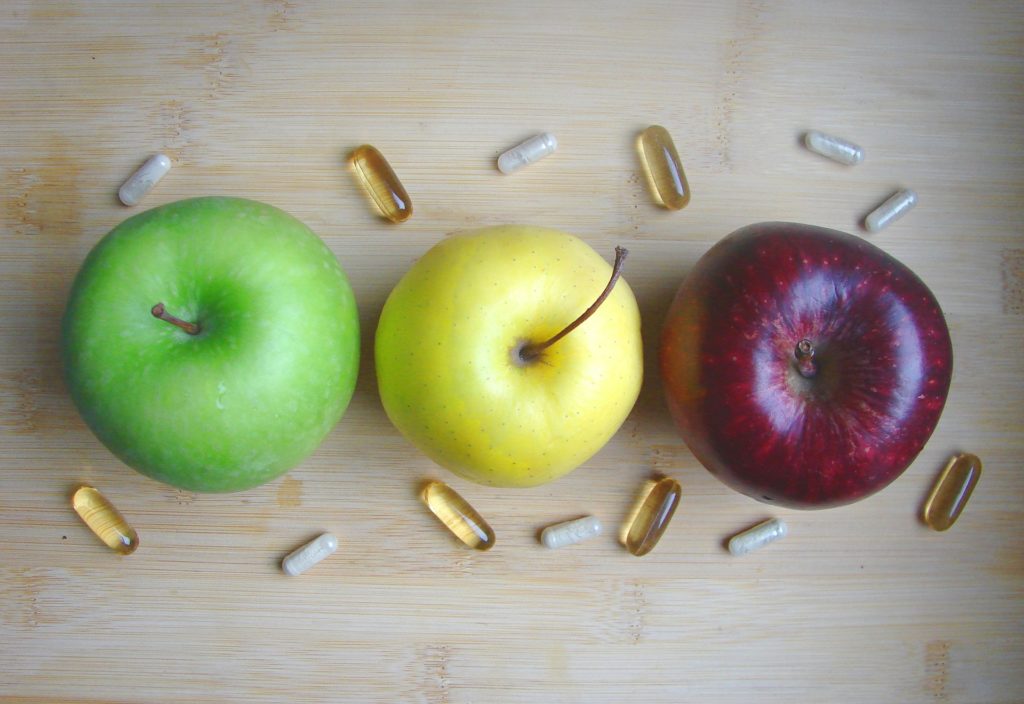
Pounding the pavements during my usual evening jogs allows me the time away from the busyness of motherhood to reflect, plan and strategize whatever topic that comes to my mind. And for today, it was the topic of 2019-nCoV.
I have been closely keeping tabs of the developments online via Straits Times news as well as from Facebook postings. The last few days saw an ugly side of Singaporeans surfacing – the irrational panic buying and hoarding of food (rice and instant noodles) and daily necessities ( toilet paper!?!). There were photos after photos posted on Facebook showing empty shelves in major supermarkets, people packing their trolley with the above items and snaking queues at the check-out counters. It seems that panic buying and hoarding is the new trend in Singapore!

One particular comment on Facebook post got to me – a friend commented (angrily) upon seeing a trolley in front of him stocked with more than $300 worth of vitamin C supplements! This comment sparked the inspiration for this post.
As a nutrition professional, it is our duty to share nutrition facts. In today’s post, we take a close look at some key vitamins and nutrients, what foods you can find them in (other than relying on dietary supplements), and how they can boost, support or enhance your immunity.
1. Vitamin C

It is a well-known fact that Vitamin C is especially important for maintaining a healthy immune system.
One of the most common reasons people take vitamin C supplements is the idea that they help prevent the common cold. Interestingly, some claim that vitamin C supplements provide benefits beyond those that can be obtained from the vitamin C found in food.
However, supplementing with high doses of vitamin C can cause undesirable side effects such as digestive distress, such as diarrhoea and nausea. That’s because if you overload your body with larger-than-normal doses of this vitamin, it will start to accumulate, potentially leading to overdose symptoms.
Consuming too much vitamin C, in amounts greater than 2000 mg, has the potential to increase the amount of oxalate in your urine, increasing your risk of developing kidney stones. Reports of kidney failure have also been reported in people who have taken more than 2,000 mg in a day. However, this is extremely rare, especially in healthy people.
If you are really keen on supplementing with vitamin C, a dosage of less than or equal to 2000 mg/d are safe for most adults. In Singapore, the recommended dietary allowance (RDA) for vitamin C is 105mg/day for men aged 19 and above, and 85mg/day for women. To provide some perspective, 1 orange contains about 75-98mg of vitamin C.
In general, these side effects do not occur from eating foods that contain vitamin C, but rather from taking the vitamin in supplement form. It’s important to note that it’s unnecessary for most people to take vitamin C supplements, as you can easily get enough by eating fresh foods, especially fruits and vegetables.
Fruits and vegetables are the best food sources of vitamin C. The richest sources of vitamin C can be found in guava (377mg/cup), strawberries (98mg/cup), kiwi (64mg/cup), broccoli (54mg/1/2 cup cooked).
2. Vitamin E
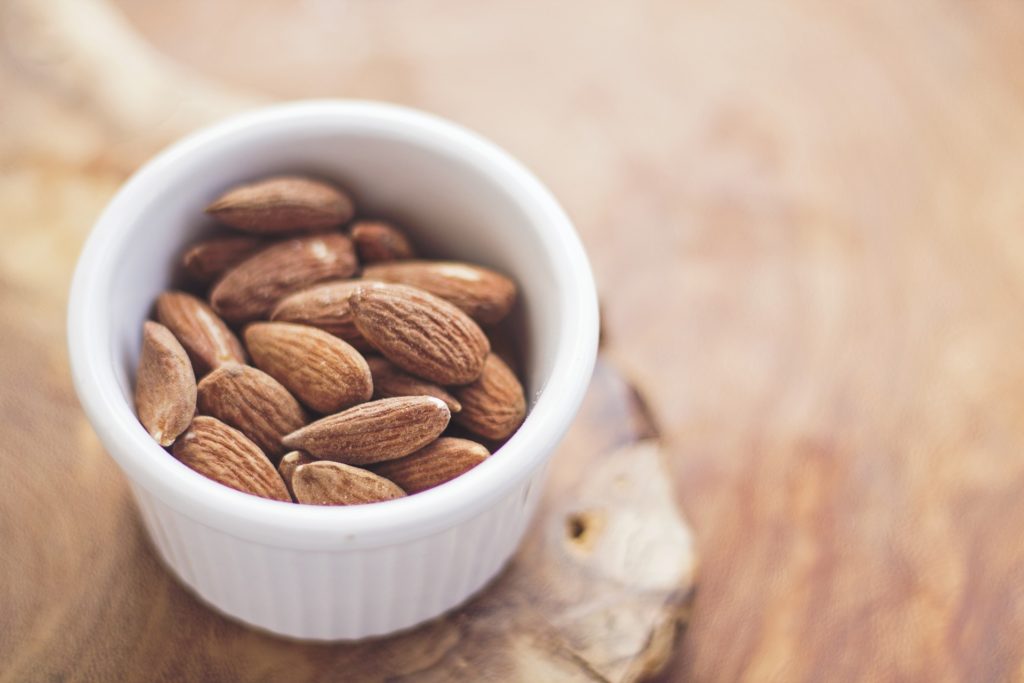
Vitamin E is a powerful antioxidant and is important for maintaining the immune system to help your body fight off infection.
If you don’t get enough, you may be more prone to infections due to an impaired functioning of the immune system, experience impaired eyesight or suffer from muscle weakness. The good news is that vitamin E deficiency is rare as it is widespread in foods.
In fact, increasing the intake of vitamin E has been shown to enhance the function of the immune system and reduce the risk of infection, particularly in older individuals.
Almonds, peanuts, hazelnuts and sunflower seeds are all high in vitamin E. So are spinach and broccoli if you prefer to increase your intake through meals rather than snacks.
3. Vitamin A
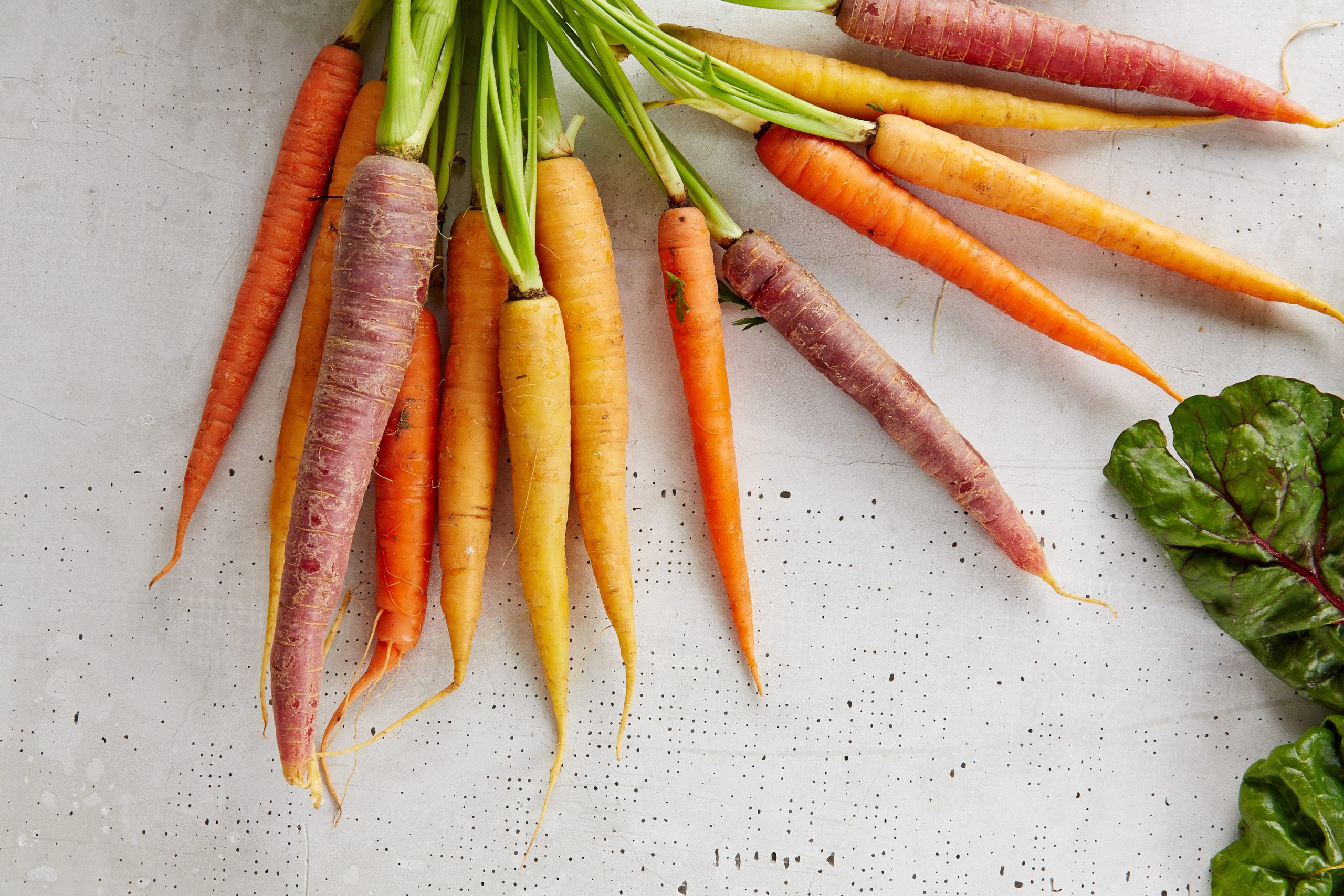
Besides being known for maintaining health vision, vitamin A also plays a critical role in enhancing your immune system.
Vitamin A is involved in the production and function of white blood cells, which help capture and clear bacteria and other pathogens from your blood stream. This means that a deficiency in vitamin A can increase your susceptibility to infections and delay your recovery when you get sick.
Vitamin A can be found in foods that are rich in colourful compounds called carotenoids — carrots, sweet potatoes, pumpkin, cantaloupe and squash. The body turns these carotenoids into vitamin A, which has an antioxidant effect to help strengthen the immune system against infection.
4. Vitamin D

Vitamin D, commonly known as the “sunshine vitamin” is produced naturally in your skin in response to sunlight.
Vitamin D appears to help keep the immune system balanced much like a gymnast walking on a beam balance. Low levels of vitamin D have been linked with frequent infections.
You can increase your intake of vitamin D through foods such as fatty fish (salmon, mackerel, sardines, tuna), egg yolks, cheese, as well as fortified foods such as milk, orange juice, soy milk and cereals.
5. Folate/folic acid

Folate, a B vitamin, is needed to make DNA and RNA, the genetic material in our body, and is vital for the maintenance of our bodies’ cells, especially during rapid periods of growth, such as pregnancy and infancy. Deficiency of this vitamin could hamper immunity.
Folic acid is the synthetic form of folate, often added to foods because of its health benefits.
For most healthy adults, the Recommended Dietary Allowance (RDA) of folate from both natural and synthetic sources (fortified foods and vitamin supplements) is 400 micrograms (mcg) a day. Pregnant women should take more — at least 600 mcg a day — to reduce the risk of neural tube defects such as spina bifida in their babies.
Folic acid is water-soluble and any excess from folic acid supplementation is excreted in the urine. This means the risk of taking moderately higher doses is small.
Naturally occurring folate from foods is not associated with any health risk, so get as much of your daily requirement as you can from a healthy diet. If that’s not possible, take a multivitamin that contains 400 mcg of folic acid.
To get more folate, add green leafy vegetables to your plate on a regular basis. You can also get folic acid in legumes (lentils and kidney beans), citrus fruits, nuts and seeds, as well as fortified cereals.
6. Iron
Iron plays a key role in a healthy immune system, so lower levels of this mineral can make your body more susceptible to infections.
There are two types of iron: heme iron from animal sources and non-heme iron from plant sources. Heme iron is absorbed more readily by your body. Foods rich in iron include beef, lean poultry such as chicken and turkey. But never fear, vegetarians: you can obtain iron in beans, fortified cereals, and dark leafy greens like spinach and brocoli.
7. Selenium
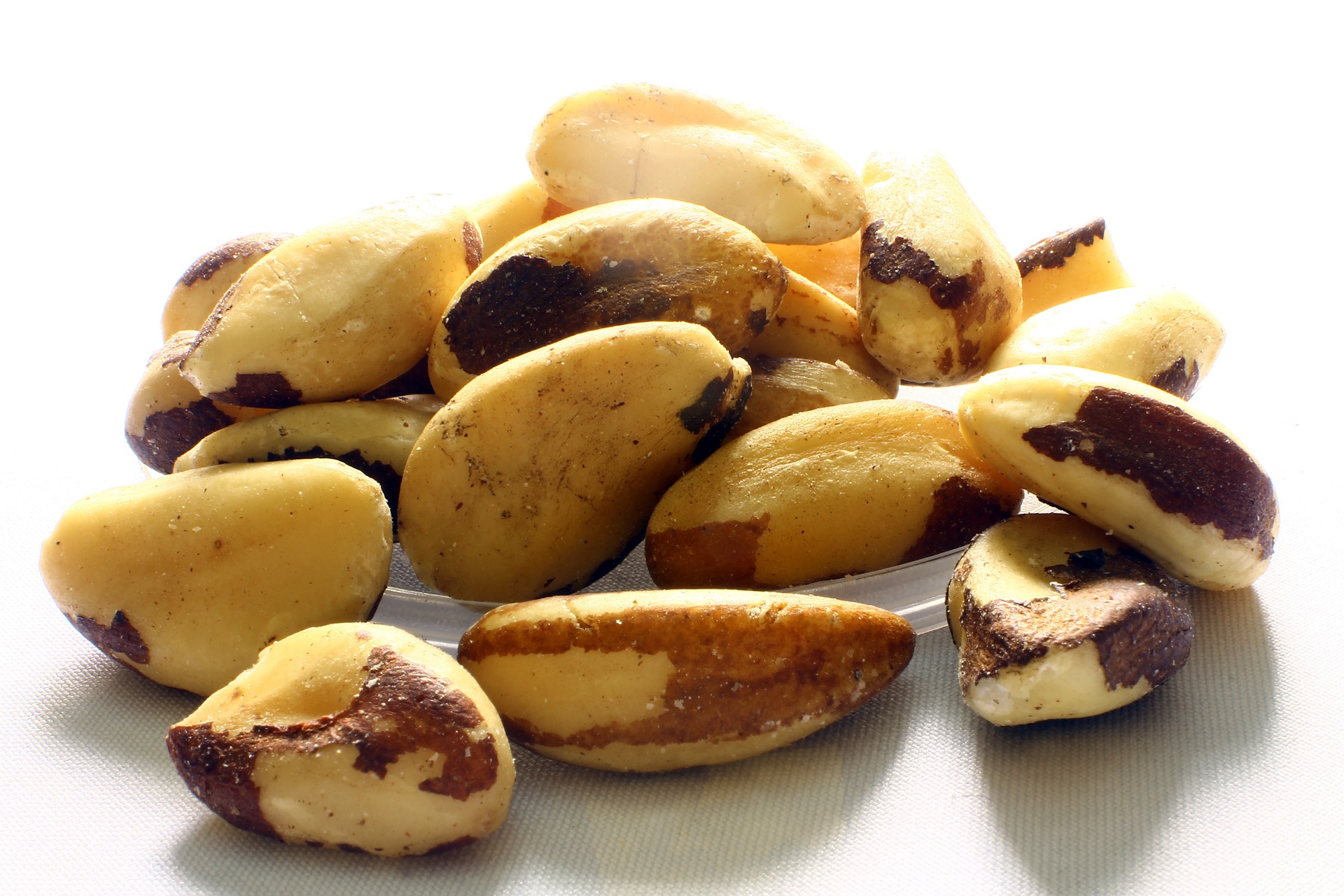
This antioxidant helps lower oxidative stress in your body, which reduces inflammation and enhances immunity.
Increased blood levels of selenium are associated with enhanced immune response. On the other hand, deficiency has been shown to harm immune cell function and may lead to a slower immune response.
You can find selenium in oysters, brazil nuts, eggs, sardines, sunflower seeds, chicken breast, shitake mushrooms.
8. Zinc
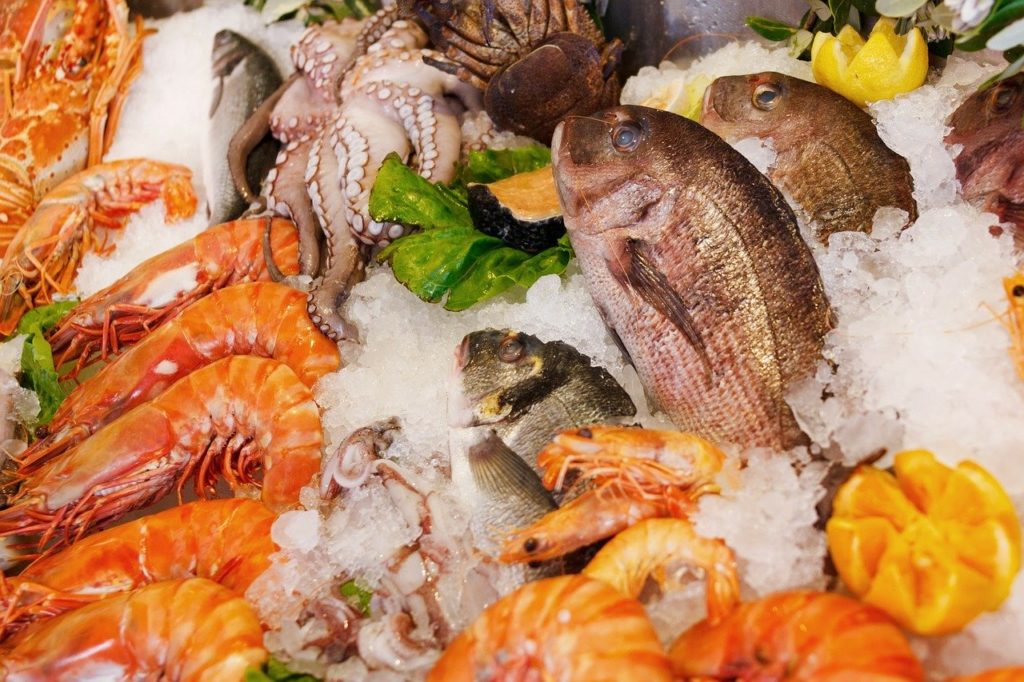
Zinc helps keep your immune system strong. Because it is necessary for immune cell function, a deficiency can lead to a weakened immune response.
Zinc supplements has become a popular treatment for the common cold. A recent study has found that 80-92 mg per day of zinc may reduce the length of the common cold by up to 33%.
What’s more, zinc supplements significantly reduce the risk of infections and promote immune response in older adults.
However, if you already have enough zinc from your diet, getting more from supplements when you are well, may not be beneficial.
You can find zinc in seafood such as prawns, oysters, crab as well as in lean meats and poultry, fortified cereals.
Can Supplements REALLY Help Your Immunity?
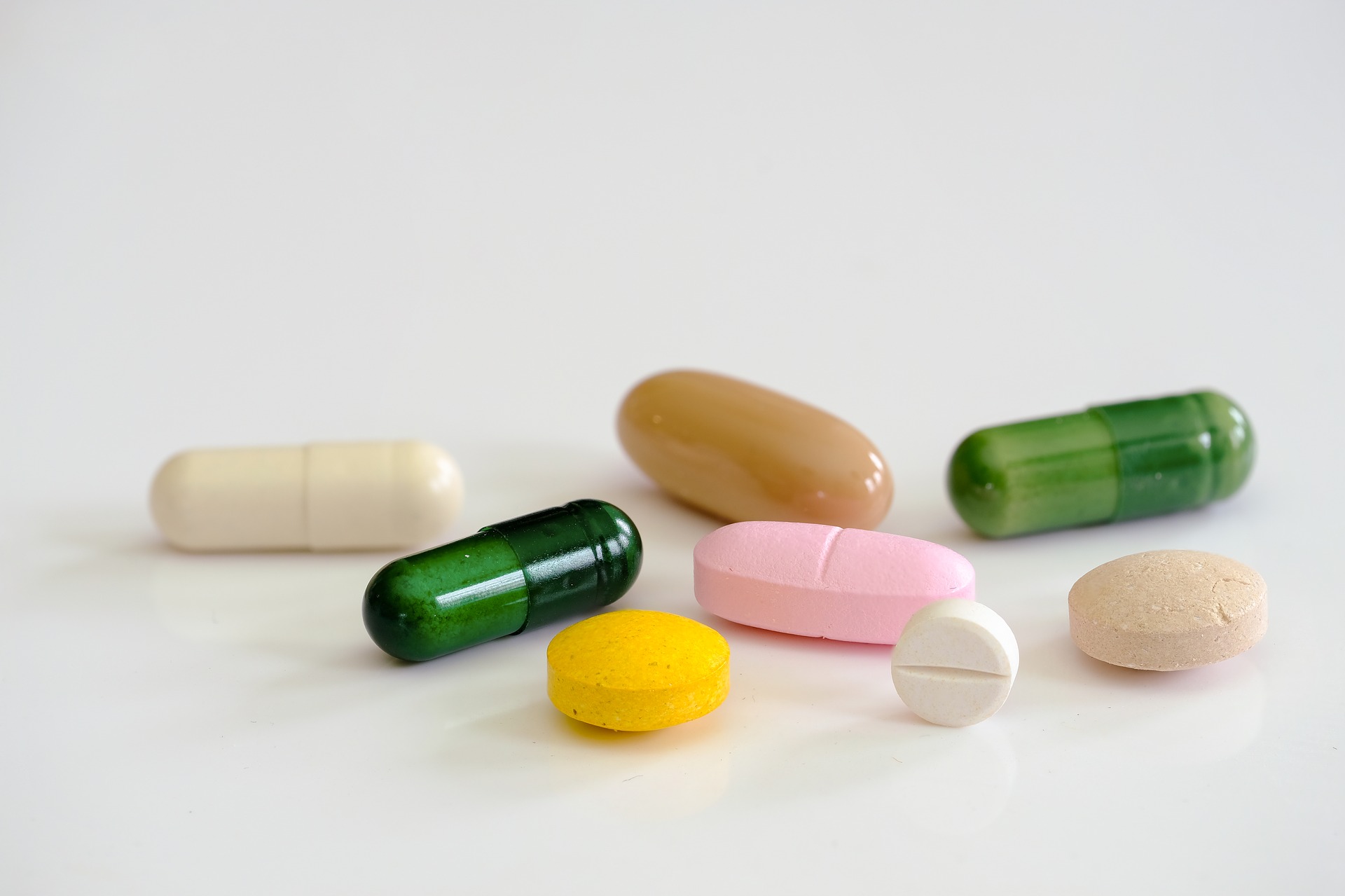
While dietary supplements can help fill in the gaps in your diet, the best way to load up on essential nutrients is to get them straight from food.
Your body absorbs and uses vitamins and nutrients better when they come from a dietary source.
Some supplements may have side effects, especially if taken before surgery or with other medicines. Supplements can also cause problems if you have certain health conditions. And the effects of many supplements haven’t been tested in children, pregnant women and other groups.
BOTTOMLINE
- The key nutrients that play a key role in your immune system are Vitamins C, E, A, D, folate, iron, selenium, zinc.
- Some supplements may cause side effects e.g. too much vitamin C may cause digestive symptoms
- Your body absorbs and uses vitamins and minerals better if they come from food and it is often questionable how much you’re actually getting from supplements.
Stay tuned for the next post on Eating Your Way To A Stronger Immunity!
References:
- Assimos DG. Rev Urol. 2004 Summer; 6(3): 167.
- Haase H and Rink L. Immun Ageing. 2009; 6: 9.
- Hathcock JN, Azzi A, Blumberg J, et al. Am J Clin Nutr. 2005 Apr;81(4):736-45.
- Hemilä and Chalker. Cochrane Database Syst Rev. 2013 Jan 31;(1):CD000980. doi: 10.1002/14651858.CD000980.pub4.
- Hemilä H. JRSM Open. 2017 May 2;8(5):2054270417694291. doi: 10.1177/2054270417694291
- Hoffmann PR and Berry MJ. Mol Nutr Food Res. 2008 Nov; 52(11): 1273–1280
- Huang Z, Liu Y, Qi G. J Clin Med. 2018 Sep; 7(9): 258.
- Lee GY and Han SN Nutrients. 2018 Nov; 10(11): 1614.
- McHugh GJ, Graber ML, Freebairn RC. Anaesth Intensive Care. 2008 Jul;36(4):585-8
- Mikkelsen K., Apostolopoulos V. Vitamin B12, Folic Acid, and the Immune System. In: Mahmoudi M., Rezaei N. (eds) Nutrition and Immunity. 2019. Springer, Cham
- Moriguchi S, Muraga M. Vitam Horm. 2000;59:305-36.
Leave a Reply